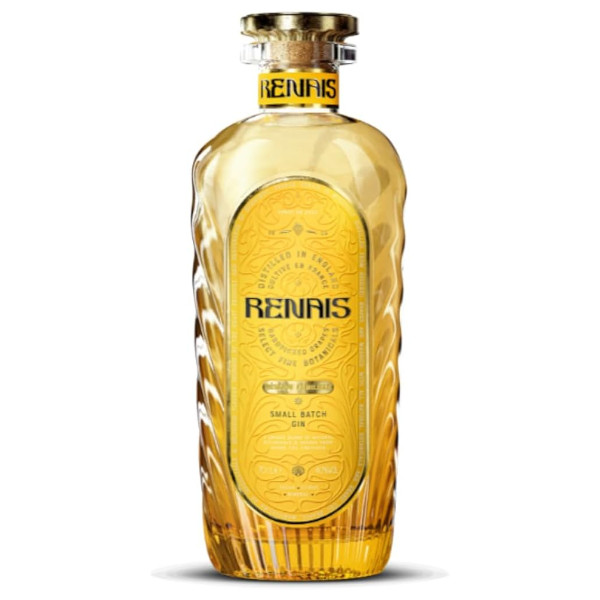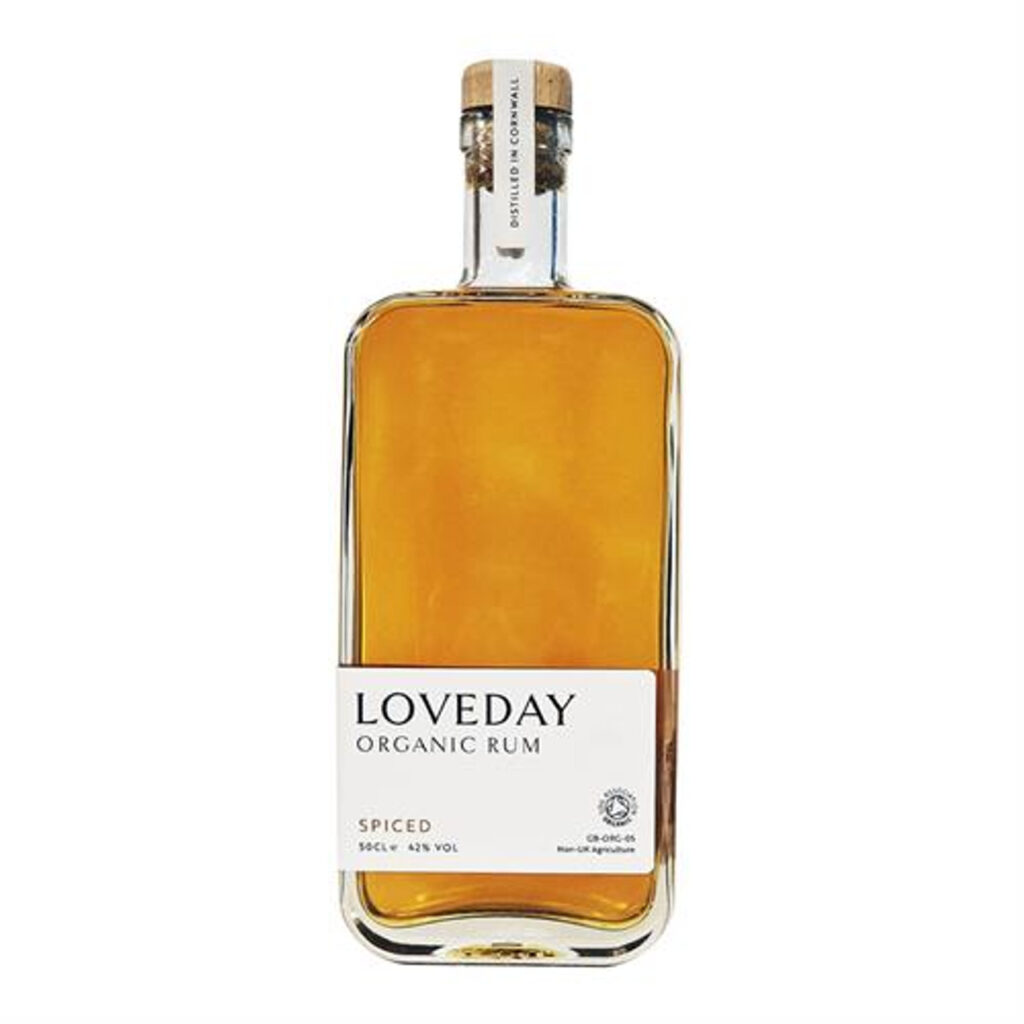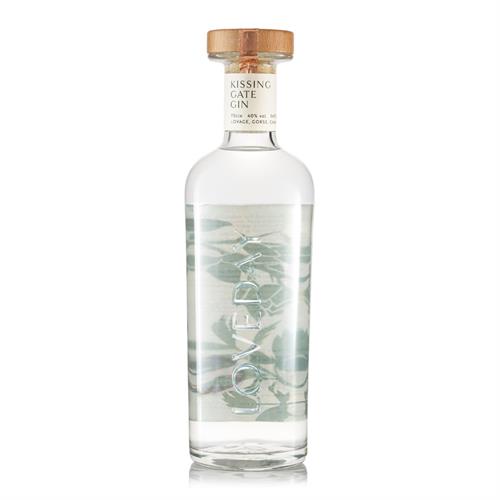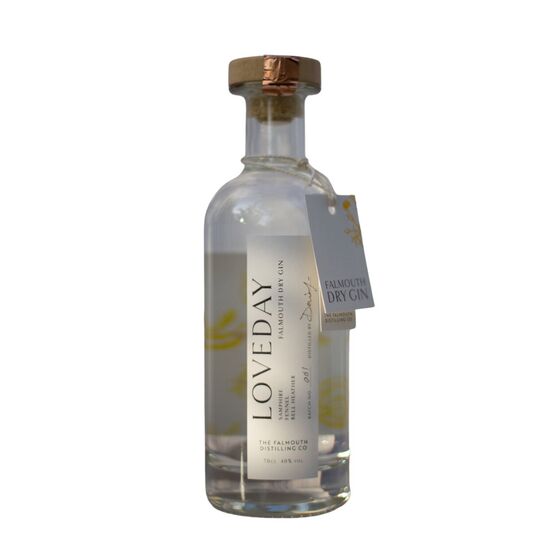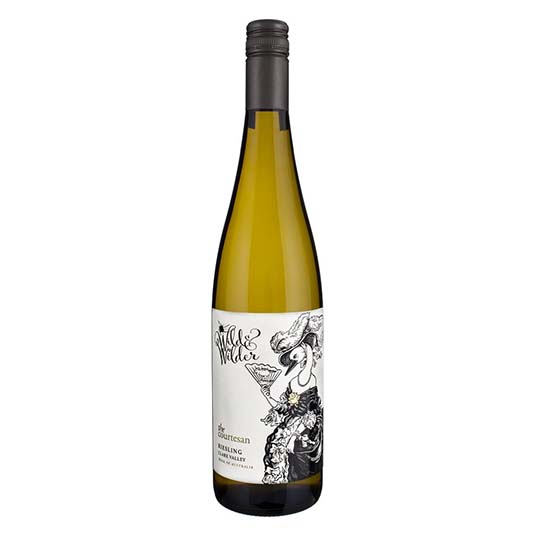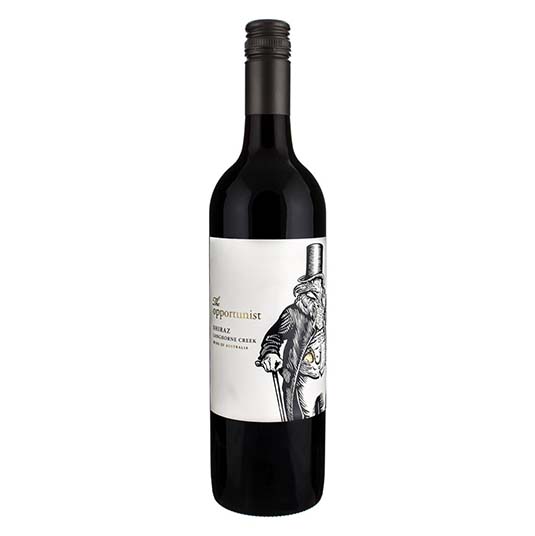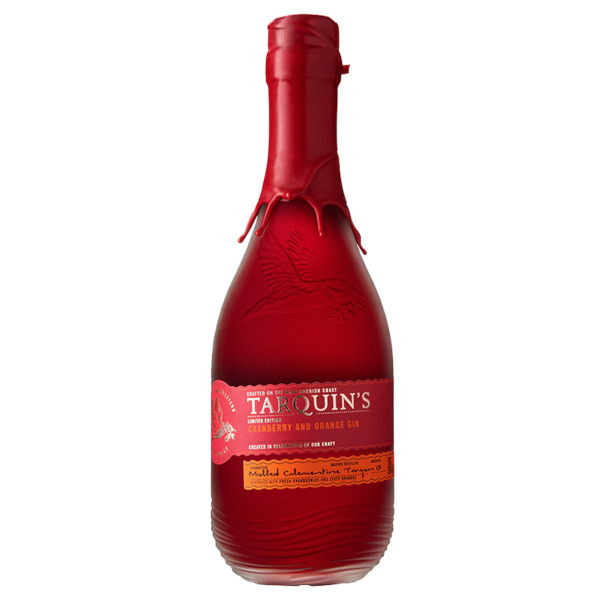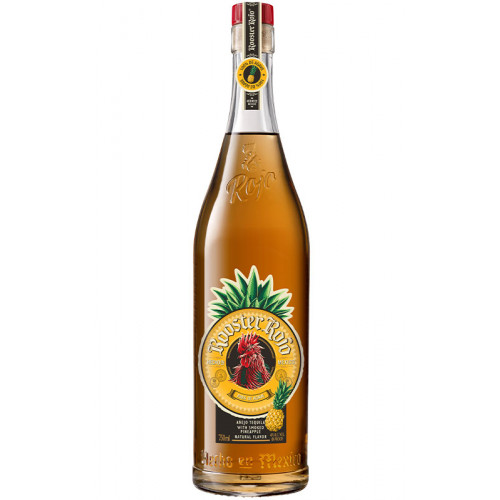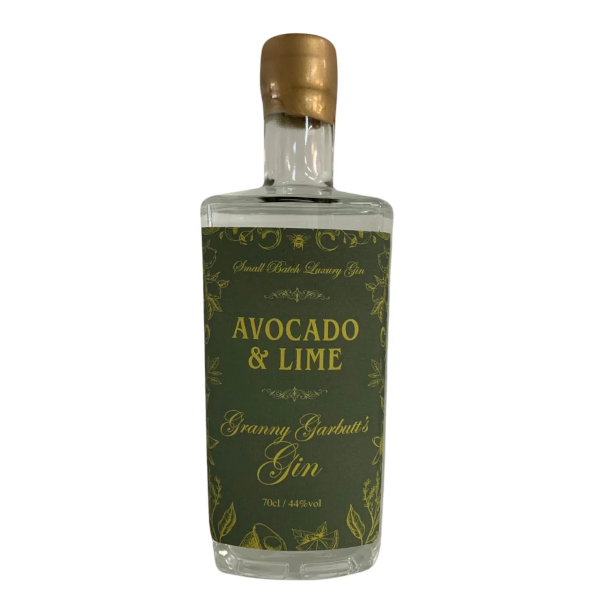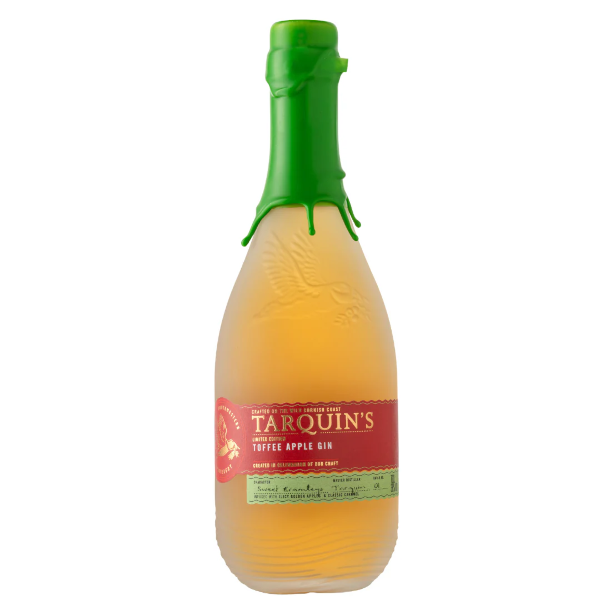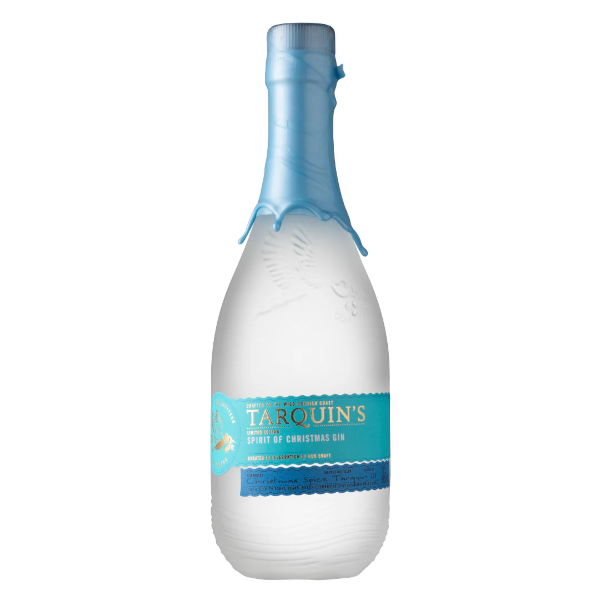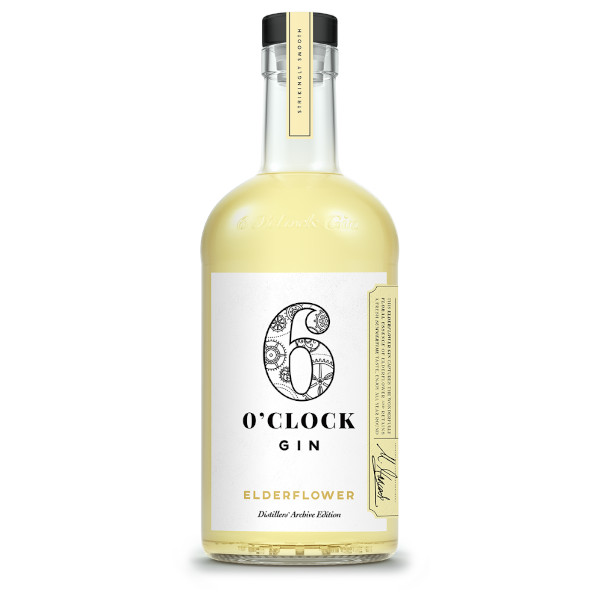Rusty Nail Spirits
new in At Rusty Nail Spirits
News
Categories
Quality Products
TESTIMONY TO THE HUMAN SPIRIT
More than just a drink, the products we stock at Rusty Nail Spirits are the result of real people’s dreams, endeavour and vision. Most are the result of years of dedication and struggle to create the best.
Discover more about the people behind the Spirits in the Producer section.
Turn your back on corporate mass production and embrace the artisan.
MEET THE PRODUCERS
Service
NO THIRD PARTY SUPPLIERS
All our products are stocked by us in our warehouses, so if the product is available we can have it with you quickly. No third party suppliers.
We work closely with our suppliers giving us quality, reliability and consistent supply.
Our easy to navigate site has everything laid out for your ease and enjoyment.
OUR PRODUCTS
Raise Your Spirits
CLASSIC SIMPLICITY
Our name is a respectful nod to the Rusty Nail cocktail recipe. An established classic, largely due to its simplicity.
Equal proportions of two simple ingredients brought together to create refreshing satisfaction.
Our two ingredients are quality products and service. The satisfaction is yours.
